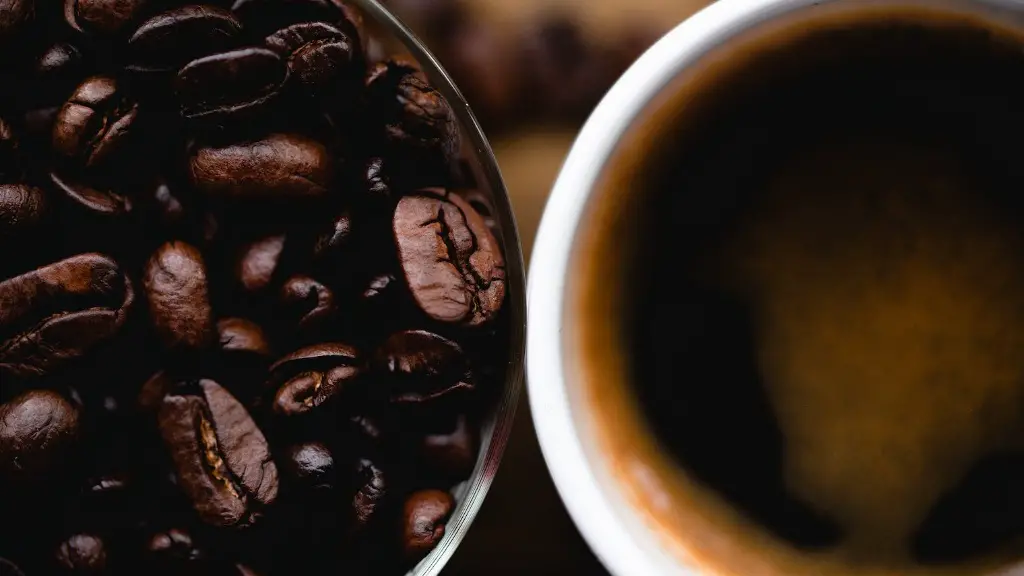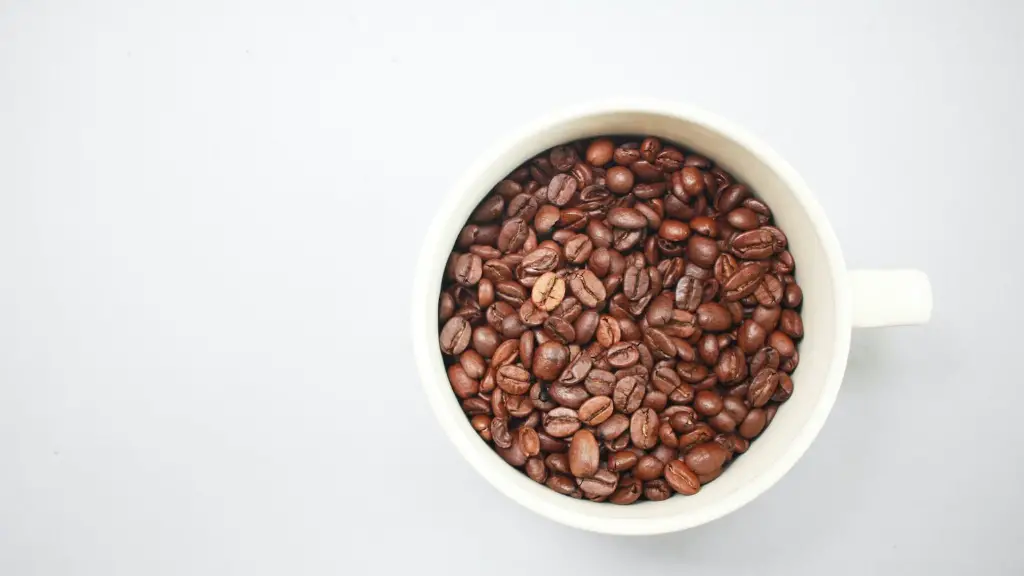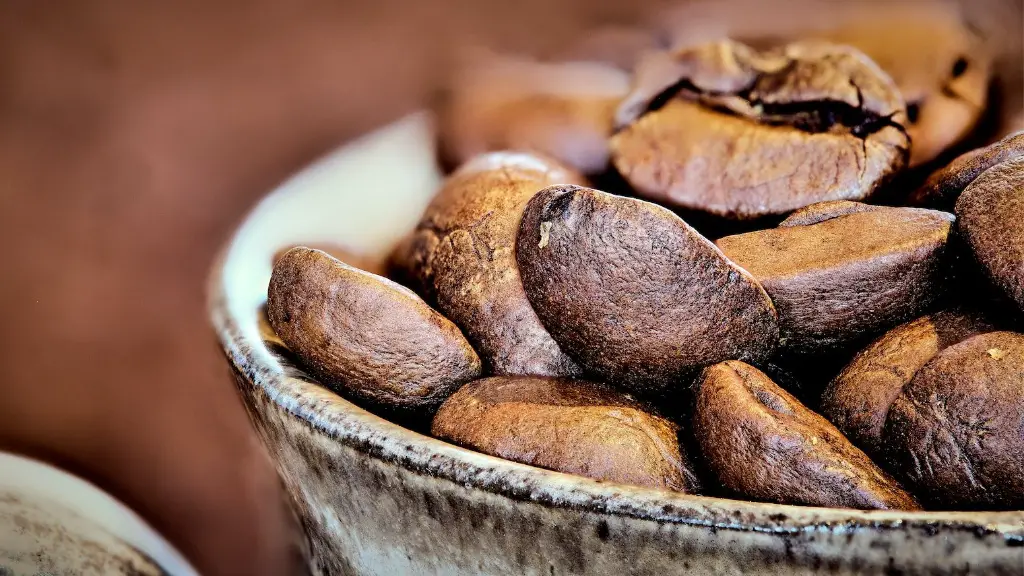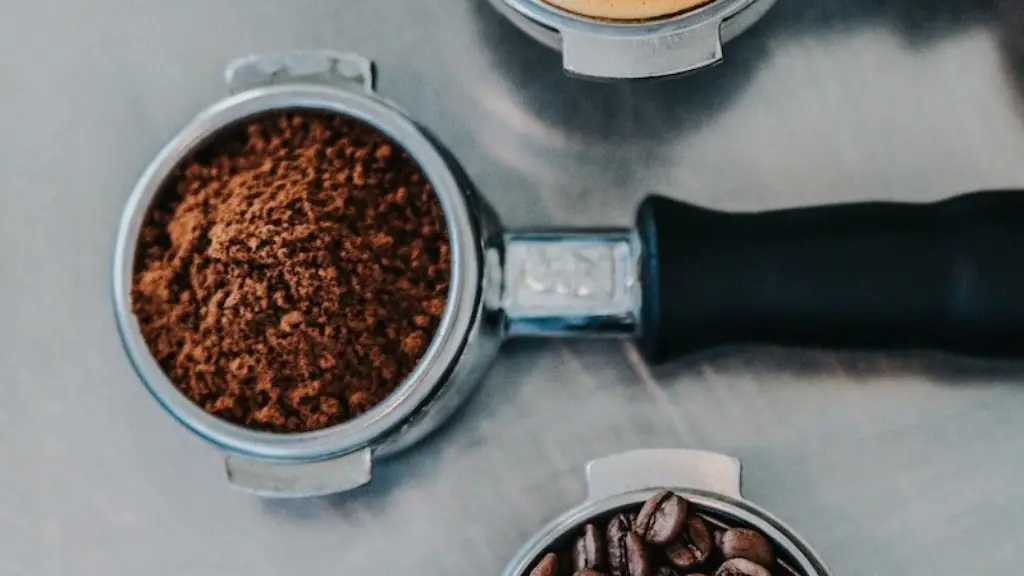What is diverticulitis and what are the concerns about drinking coffee? Diverticulitis is a medical condition that affects the large intestines. It is caused by inflammation of the diverticula, which are tiny pouches that form in the lining of the intestines. Symptoms of diverticulitis include abdominal pain, constipation, cramping, and nausea. Since people with diverticulitis are at a higher risk of developing abdominal or bowel problems, it is important to be aware of what drinks and foods can worsen the condition.
Coffee is a popular beverage that many people consume on a daily basis. Some studies have found that drinking coffee may be beneficial for people with diverticulitis due to its properties of being a natural anti-inflammatory. However, other experts note that more research is needed to determine if drinking coffee is beneficial for those who suffer from diverticulitis.
Though drinking coffee is likely safe for those with diverticulitis, it is important to be aware of the potential side effects. Coffee contains caffeine, which can cause nausea and dehydrate the body. It can also worsen the abdominal pain and discomfort in those with diverticulitis. Caffeine has also been found to increase the risk of diverticulitis flares, which can result in more severe symptoms.
In addition, drinking too much coffee can cause an increase in intra-abdominal pressure, which may trigger a flare-up of diverticulitis. This can lead to an increase in symptoms, such as abdominal pain, cramping, and bloating. It is important to note that everyone’s body is different and will respond differently to coffee consumption.
Therefore, it is recommended to consult a medical professional before drinking coffee if you have diverticulitis or have a higher risk of developing it. A healthcare provider can provide personalized advice and help determine the best course of action for preventing flare-ups. It is also important to monitor how much coffee you are drinking and to try to drink it in moderation.
Effects on Bowel Movements
Since diverticulitis can cause constipation, it is important to be aware of how coffee can affect your bowel movements. Coffee is a mild laxative that can stimulate contractions in the large intestine and help to move food and waste through the digestive tract. Drinking coffee can also help keep the bowels regular, which is beneficial for those with diverticulitis.
However, it is important to note that too much coffee can have a negative effect on the bowels rather than a positive one. Drinking excessive amounts of coffee can cause loose stools, diarrhea, and abdominal pain. It is important to pay attention to your body and monitor how much coffee you are consuming to ensure it is not worsening your symptoms.
Though coffee can have an effect on bowel movements, it is important to note that it is not a long-term solution. Eating a balanced diet that is high in fiber, drinking plenty of fluids, and engaging in regular physical activity can all help to keep the bowels regular and prevent constipation.
Adaptations
If you have diverticulitis and still want to enjoy coffee, it is important to pay attention to how your body is reacting to coffee consumption. Some people may benefit from adapting their intake of coffee. For example, avoiding caffeinated drinks and instead opting for decaf or tea, may reduce the risk of experiencing flare-ups and other symptoms. Alternatively, consuming coffee in moderation can help to prevent the negative side-effects associated with drinking too much coffee.
It is also important to note that other factors such as stress and lack of sleep can exacerbate the symptoms of diverticulitis. Therefore, it is essential to manage stress levels and ensure that you are getting enough sleep each night in order to maintain good health.
Coffee Alternatives
If you have diverticulitis and are uncomfortable with the idea of drinking coffee, there are other alternatives that can provide similar benefits. For example, herbal tea is a great way to hydrate the body and enjoy a flavorful beverage without the risk of experiencing side-effects. It can also provide an energy boost without the negative effects of caffeine.
Herbal teas such as chamomile, ginger, and peppermint can also help to soothe the stomach and reduce symptoms of diverticulitis. Additionally, green tea and matcha tea are great sources of antioxidants, which can help fight inflammation and reduce the risk of developing diverticulitis.
Other alternatives such as fruit and vegetable juices can provide an energy boost and contain essential vitamins and minerals. Coconut water is also a popular choice among many people due to its health benefits and hydrating properties.
Tips for Healthy Drinking
Though drinking coffee is not completely off limits for those with diverticulitis, it is important to be mindful of your intake. Drinking in moderation can help to reduce the risk of experiencing any negative side effects. It is also important to pay attention to how your body is reacting to coffee and any other drinks, and to consult a medical professional for personalized advice.
In addition, it is important to be mindful of other lifestyle factors that can worsen symptoms of diverticulitis. Eating a balanced diet high in fiber, consuming enough fluids, and engaging in regular physical activity can all help to prevent symptoms of diverticulitis.
Conclusion
In conclusion, drinking coffee can have both positive and negative effects on people with diverticulitis. While some studies have found that drinking coffee may have anti-inflammatory properties, it is important to be mindful of how it can also worsen symptoms. From drinking decaffeinated coffee to tea, there are several alternatives that can provide similar benefits without the risks associated with caffeine. Ultimately, it is important to consult a medical professional for personalized advice on the best course of action for preventing flare-ups.




